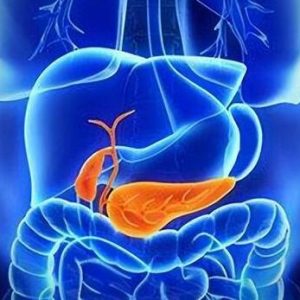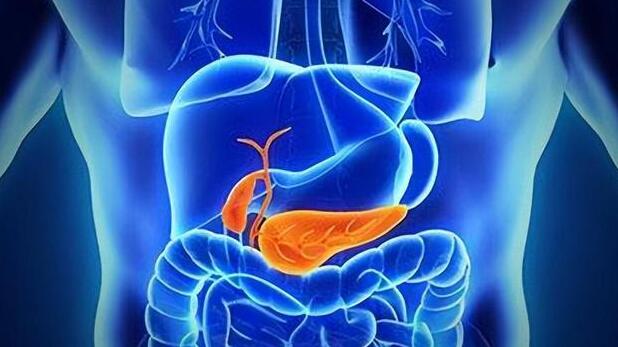Gastric cancer, a malignant tumor originating from the mucous membrane epithelial cells of the stomach, ranks as the fifth most common cancer worldwide and is associated with high mortality rates. The development of gastric cancer is a complex process influenced by multiple factors. Among these, Helicobacter pylori infection stands out as a primary cause, linked to over 60% of cases.
There are two main types of gastric cancer: adenocarcinoma, which is the most common, and non-adenocarcinoma. Less common forms include squamous cell carcinoma and lymphoma.
Risk Factors for Gastric Cancer
Individuals are more susceptible to gastric cancer if they:
- Are elderly.
- Are male.
- Have poor dietary habits such as consuming high-salt, pickled foods, excessive smoked and nitrate-rich foods, and lacking a balanced intake of fruits and vegetables.
- Engage in smoking or consume excessive amounts of alcohol.
- Have been infected with H. pylori, a bacterium that causes chronic gastritis and increases the risk of gastric cancer.
- Have a family history of the disease.
- Suffer from chronic gastritis or gastric ulcers.
- Have a history of gastric surgery, especially due to ulcers.
- Have chronic atrophic gastritis, intestinal metaplasia, or polyps—all precancerous conditions.
- Are obese.
If you believe you belong to a high-risk group, consult a doctor. However, bear in mind that having multiple risk factors does not guarantee the development of gastric cancer, and some individuals may develop the disease without any known risk factors.
Common Symptoms
Early-stage gastric cancer often presents with vague symptoms. As the condition progresses, one might experience:
- Indigestion or stomach discomfort
- Loss of appetite
- Weight loss
- Frequent vomiting
- Black stools or bleeding
- Anemia
Screening for Gastric Cancer
Screening methods include:
- Endoscopy: Visual inspection of the gastric mucosa for abnormalities like ulcers or tumors, with the option to perform biopsies for pathological examination.
- Upper gastrointestinal series with barium: After consuming a barium solution, X-rays are taken to highlight the stomach’s outline and detect abnormalities.
- H. pylori testing: Testing for this bacterial infection can prevent gastric cancer, with options like breath tests, blood antibody tests, stool antigen tests, or direct gastric mucosal biopsy.
- Pepsinogen I and II serum level tests: Abnormal levels may indicate gastric mucosal atrophy, a risk factor for gastric cancer.
- CT scans: Often used for advanced gastric cancer to assess potential spread to other tissues or organs. These screening methods are typically reserved for high-risk groups rather than the general population.
Treatment Options for Gastric Cancer
- Surgery: Early-stage cancers may be treated with endoscopic mucosal resection (EMR) or endoscopic submucosal dissection (ESD), while advanced stages may require partial or total gastrectomy with possible removal of adjacent tissues and lymph nodes.
- Chemotherapy: Use of drugs to kill cancer cells, administered before surgery to shrink tumors or after surgery to eliminate residual cancer cells.
- Radiation therapy: High-energy rays to kill or damage cancer cells, reducing tumor size and often combined with chemotherapy.
- Targeted therapy: Drugs targeting specific molecular features of cancer cells, such as Trastuzumab for HER2-positive gastric cancer patients. Early-stage gastric cancer often has a good prognosis with radical surgery and adjuvant therapy, while advanced stages may require palliative care focused on improving quality of life.
Preventive Measures Against Gastric Cancer
To reduce the risk of developing gastric cancer:
- Maintain a healthy diet rich in fresh fruits and vegetables, low in processed and pickled foods.
- Quit smoking and limit alcohol consumption.
- Keep a healthy weight.
- Test for and treat H. pylori infections promptly.
- Undergo regular check-ups and screenings, especially if at high risk.
- Consider medication use; long-term use of NSAIDs may lower the risk of gastric cancer but should be managed under medical supervision due to potential side effects.
Despite all preventive measures, there is no guaranteed way to prevent gastric cancer entirely. However, adopting a healthy lifestyle, regular check-ups, and early diagnosis can significantly lower risks and help combat this silent killer.










